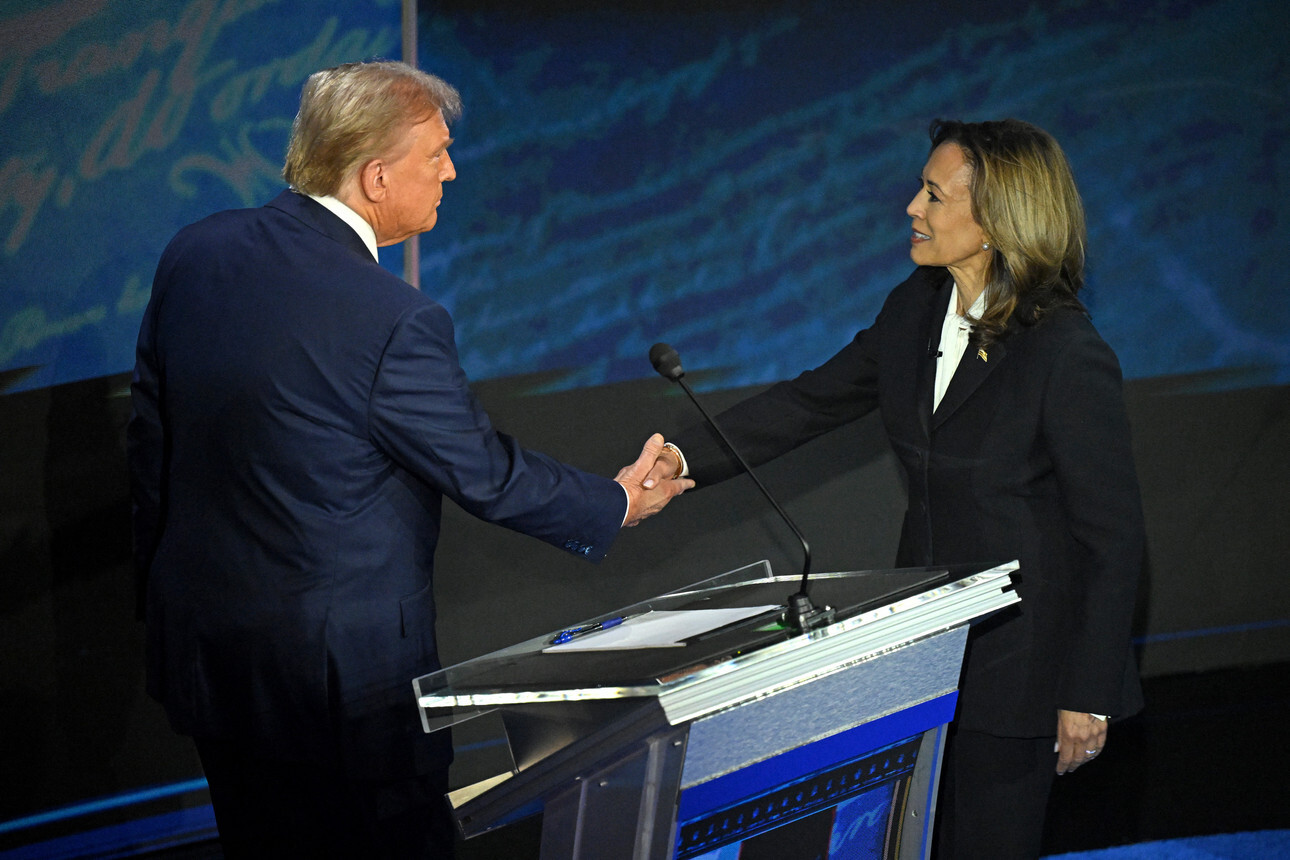Bob Woodward’s upcoming book, War, set for release on October 15, offers a detailed evaluation of Donald Trump’s presidency, highlighting his reckless and impulsive leadership. Woodward argues that Trump’s presidency was marked by erratic decision-making, a characteristic that continues to emerge as he campaigns for the 2024 election.
His style, according to Woodward, sets him apart as the most reckless president in U.S. history, a critique that frames much of the book.
One of the most shocking revelations in the book occurs during the coronavirus pandemic in 2020. Trump secretly sent much-needed medical test supplies to Russian President Vladimir Putin. Putin, fearing the political fallout for Trump, urged him not to reveal this act.
This underscores the unusual personal diplomacy between the two leaders, which Woodward suggests has continued even into 2024. Trump reportedly spoke to Putin several times, indicating that the relationship between the two men remains strong, even amid global conflicts like Russia’s war in Ukraine.
The book contrasts Trump’s foreign policy with that of his successor, President Joe Biden. Woodward credits Biden with showing steady leadership in handling international crises like the wars in Ukraine and Israel.
Despite some mistakes, Biden is portrayed as a more deliberate and stable presence compared to Trump’s impulsiveness. Woodward discusses Biden’s efforts to prevent escalation in these conflicts, particularly regarding Russia’s nuclear threats and Israel’s military actions in Gaza.
Woodward also examines the Trump administration’s foreign policy, especially the chaotic withdrawal from Afghanistan. This failure, Woodward argues, had lasting consequences, influencing subsequent U.S. decisions on the international stage.
The Biden administration, in particular, faced criticism for its handling of the Israeli-Palestinian conflict, with Woodward documenting frustration from U.S. diplomats as Israel ignored American requests for ceasefires in Gaza. The situation highlights the complex and often tense diplomatic relations between the U.S. and its allies.

Bob Woodward’s War Examines Trump’s Reckless Leadership and Contrasts It with Biden’s Steady Foreign Policy
The influence of Trump’s foreign policy on the Republican Party also comes under scrutiny in War. Woodward reveals how Trump’s opposition to military aid for Ukraine created divisions within the GOP, with some members only shifting their stance when they realized supporting Ukraine could benefit them politically. This reflects a broader pattern of Trump prioritizing his personal political advantage over national or global security concerns.
Biden’s foreign policy team also plays a central role in the book, with Woodward detailing their efforts to prevent further conflict, especially in the Middle East. Biden’s national security adviser, Jake Sullivan, faced numerous challenges in managing tensions between Israel and its neighbors.
Woodward paints a picture of an administration struggling to balance support for Israel with calls for humanitarian aid to Palestinians, as well as the geopolitical dynamics of the region.
Vice President Kamala Harris, though often seen in a supportive role, is also discussed in the book. Woodward suggests that her influence on foreign policy has been limited, though she was actively involved in diplomatic efforts like pushing French President Emmanuel Macron to prepare for Russian aggression and pressing Ukrainian President Volodymyr Zelensky to consider a succession plan.
However, her role in shaping foreign policy remained relatively minor throughout the early Biden administration.
Woodward also delves into Biden’s internal deliberations, particularly surrounding his decision to run for re-election. In a conversation with Secretary of State Antony Blinken, Biden expressed doubts about his legacy, with Blinken warning him that losing to Trump would define his presidency negatively. This moment highlights Biden’s uncertainty and the complex calculations he faced before deciding to stay in the race.
On the issue of Ukraine, Woodward provides an in-depth look at how U.S. intelligence played a crucial role in foreseeing Russia’s invasion.
Unlike the intelligence failure that led to the chaotic withdrawal from Afghanistan, Woodward reveals that U.S. spies had valuable insights into Russian intentions, even having human sources within the Kremlin. Biden’s vow not to send U.S. troops to Ukraine, however, limited America’s leverage in the conflict, which may have impacted the outcome of negotiations and strategy.
Woodward also explores the tense relations between the U.S. and Israel, especially after the Hamas attacks in October 2023. Biden was often frustrated by Israeli Prime Minister Benjamin Netanyahu, whom he believed was more concerned with his political survival than cooperating with U.S. diplomacy.
This tension is evident in the book, as Biden frequently criticized Netanyahu and his associates for their actions. However, some surprising support for Biden’s Middle East policy came from unexpected sources, including Senator Lindsey Graham, who had once been a vocal critic of Saudi Crown Prince Mohammed bin Salman but later aligned with him in his efforts to mediate a deal between Saudi Arabia and Israel.
In summary, War presents a detailed account of both Trump’s and Biden’s approaches to foreign policy, with Woodward arguing that Trump’s recklessness and impulsiveness were damaging to the United States. Biden, in contrast, is depicted as a more stable and thoughtful leader, though not without his own mistakes.
The book explores the challenges both administrations faced, particularly in managing conflicts in Ukraine, the Middle East, and Afghanistan. Through these events, Woodward paints a portrait of American leadership in an increasingly unpredictable and dangerous world.























